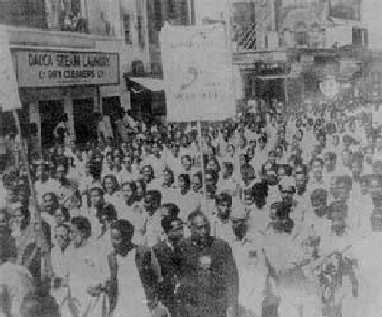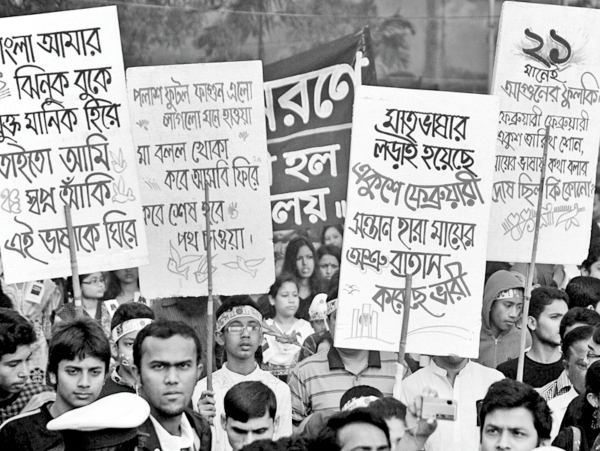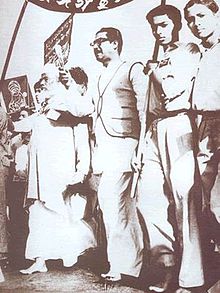Reference




OpenAI's Answer
The weekly publication Shaptahik Shainik played a significant role in the Bengali Language Movement. Here are some key points on its contribution:
-
Voice of the Movement: Shaptahik Shainik served as a mouthpiece for the Bengali Language Movement, advocating for the recognition and preservation of the Bengali language at a time when the central government of Pakistan was pushing for Urdu as the sole national language1.
-
Mobilization and Awareness: The publication provided a platform to disseminate information, mobilize public opinion, and coordinate activities related to the movement. This was crucial in building a collective consciousness among Bengalis about their linguistic rights and the need for organized resistance against language imposition.
-
Historical Records: The newspaper archived significant events and actions during the movement, offering a historical record. For instance, it reported on critical incidents like the police firing on students on February 23, 19522.
-
Platform for Intellectuals and Activists: It offered a space for intellectuals, writers, and activists connected to the movement to express their views and rally support. Eminent personalities of the time contributed to discussions and writings published in the Shainik, influencing public sentiment and policy.
-
Long-term Advocacy: Shaptahik Shainik, published by the Tamuddun Majlish from 1948 to 1961, continued its advocacy beyond the peak of the Language Movement, thereby sustaining the dialogue around linguistic and cultural rights in East Bengal3.
Visual References
Here are some visual references related to the Bengali Language Movement:



Footnotes
Follow Up
Related
What historic impact did the Bengali Language Movement have on Pakistan's linguistic policy?
What was proposed for Urdu and Bengali languages by Tamaddun Majlish?
How did Tamaddun Majlish contribute to the Bengali Language Movement?
Why did the Rastrabhasa Sangram Parishad organize against adopting Urdu as the state language?